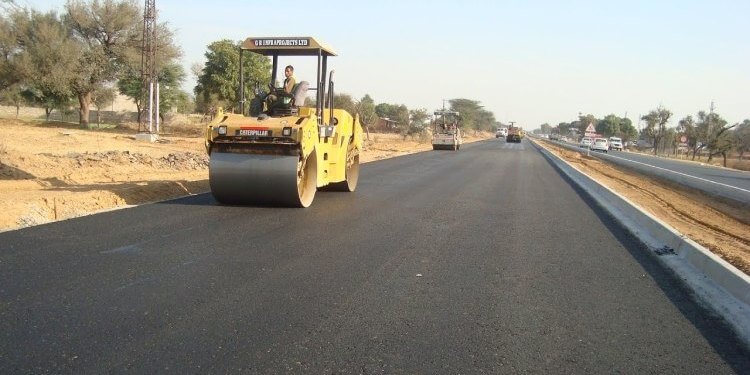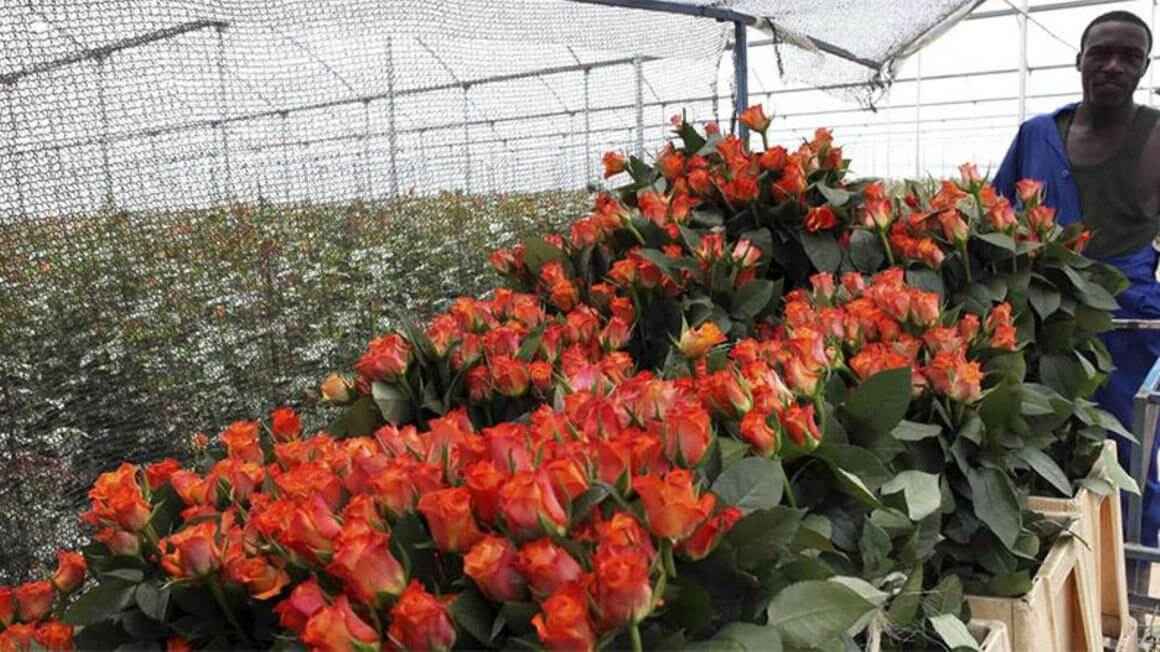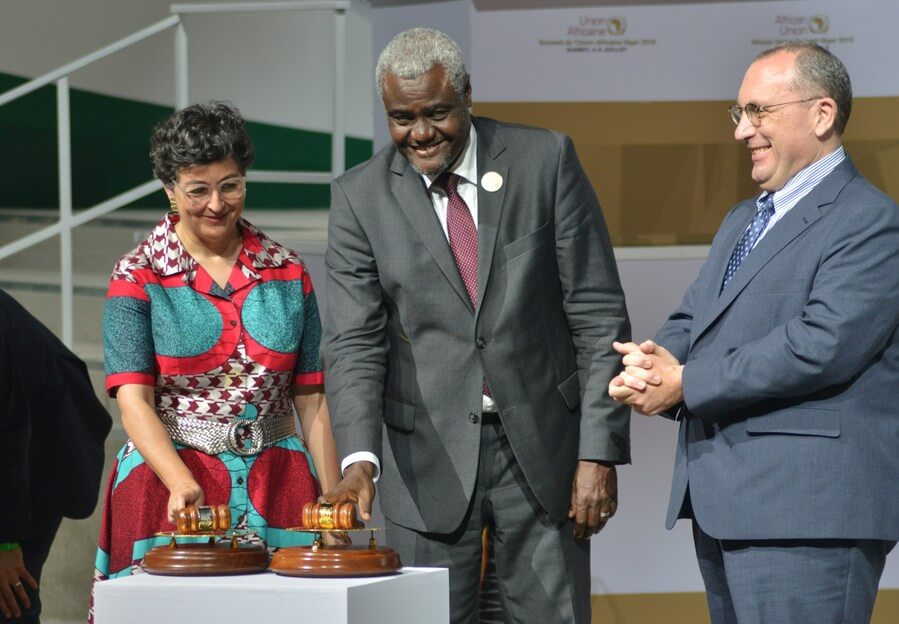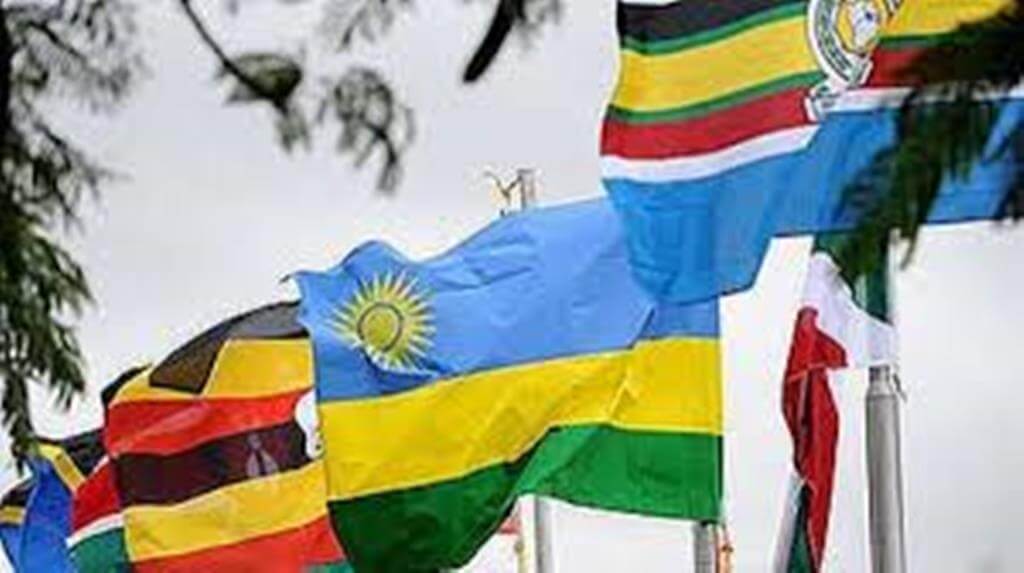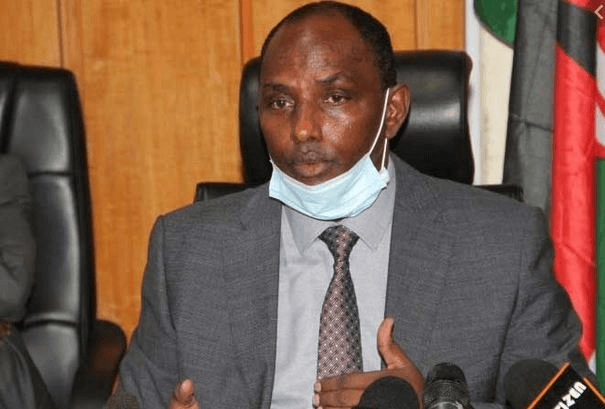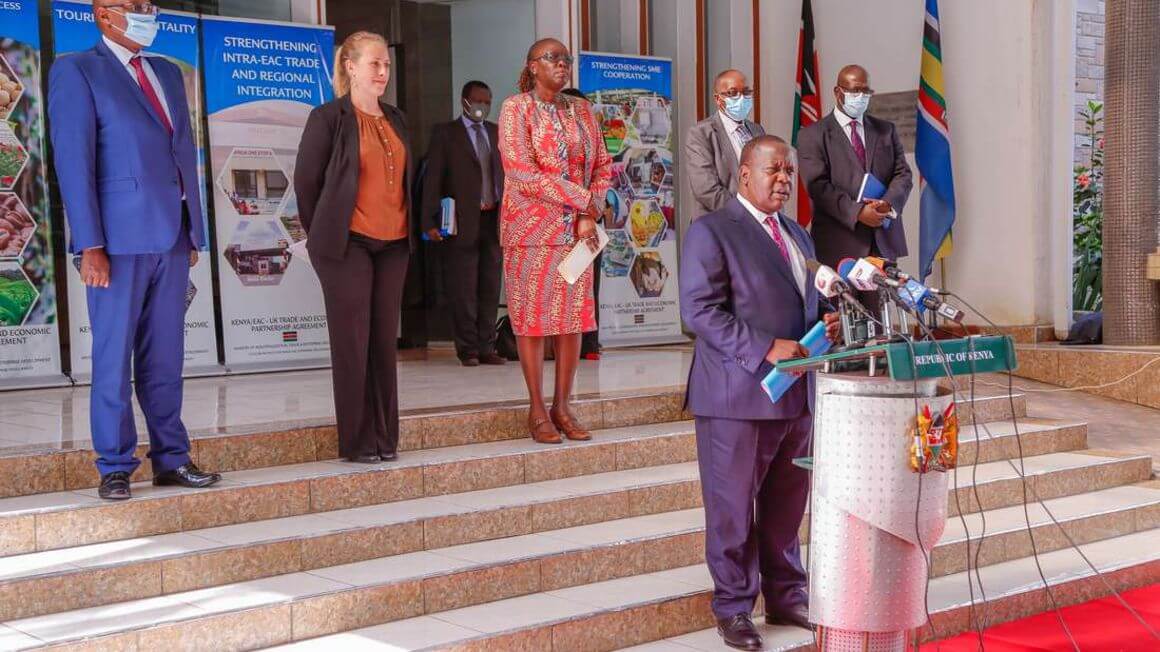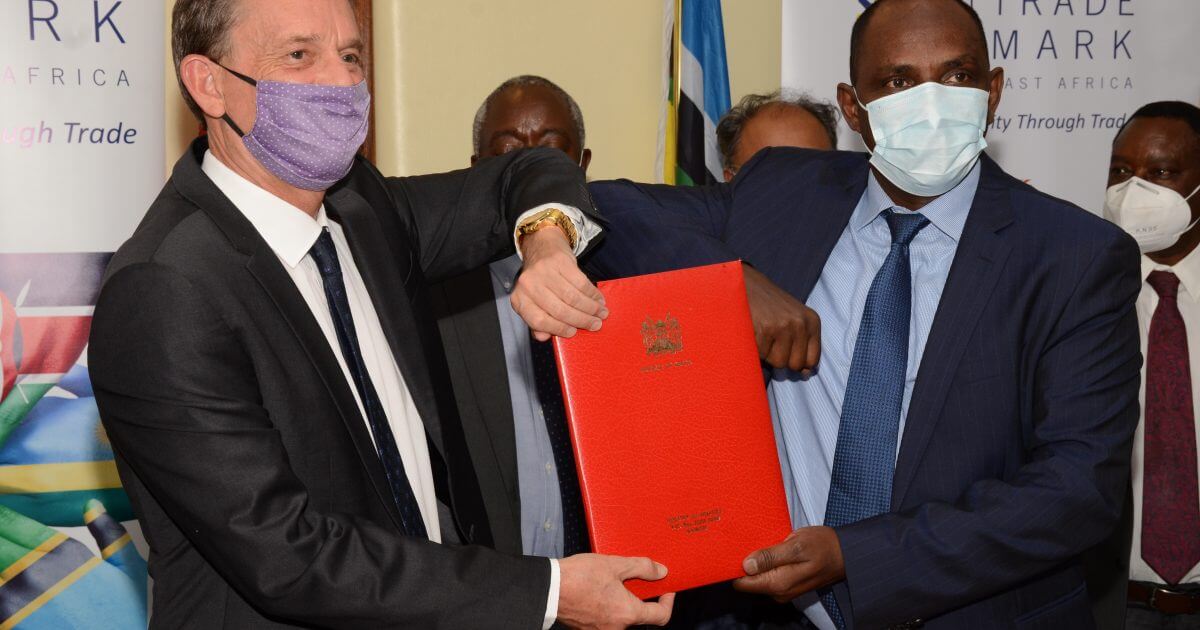The government of Kenya and Trade Mark East Africa (TMA) have signed a KSh1.31 billion grant agreement to support infrastructure projects in Mombasa, Busia, and Malaba. The move is aimed at facilitating trade and unlocking the economic growth of Kenya, Uganda, Rwanda, Burundi, and the Democratic Republic of Congo (DRC). The grant will facilitate construction of the following: Dualling of the Magongo Road (KSh200 million) Dualling of the 2 kilometres carriageway to Busia One Stop Border Post (KSh300 million) Construction of the Busia Cross Border ‘Jumuiya Market’ (KSh485 million) Completion of outstanding and additional construction works on the Malaba One Stop Border Post, including completion of road works, bridge approaches, improvement of the administrative building, and provision of utilities and services (KSh325 million) The envisioned Busia Jumuiya Cross Border Market will occupy 40 acres of land, with its full completion costing KSh2 billion for 3 phases, i.e., a retail section, a wholesale section, and a business hub. Out of this, TMA in partnership with the Ministry of East Africa Affairs will start phase 1 (the retail section), estimated to cost approximately KSh559.3 million. TMA will contribute KSh485.3 million, with funding from the U.K. Foreign, Commonwealth and Development Office (FCDO), and DANIDA and GoK contributing an additional KSh74.3 million. In the long run, these projects will create efficient borders that will facilitate international trade, investment, economic growth, promotion of economic competitiveness, and improved relations between countries. Read original source
Kenya Signs KSh1.31 Billion Grant Agreement for Infrastructure Projects
Posted on: November 18, 2020
Posted on: November 18, 2020

